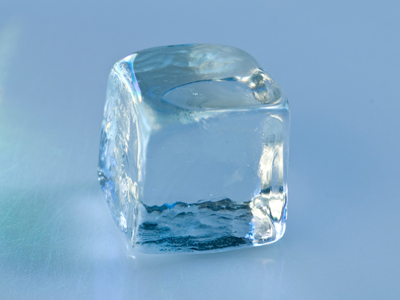

Reversible and Irreversible Reactions
There are many types of different chemical reactions: neutralisation, decomposition, combustion and oxidation are four of the common ones. This GCSE Chemistry quiz is all about reversible and irreversible chemical reactions. When a reaction is described as being reversible, it can go both forwards and backwards at the same time. These type of reactions occur when the products are able to react with each other or if the product is decomposed by the conditions used for the reaction. A good example is the decomposition of ammonium chloride. The products are ammonia and hydrogen chloride. Ammonia is a base, hydrogen chloride is an acid and they react together to form ammonium chloride.
NH4Cl ⇌ NH3 + HCl
When you see a reaction written down using a double arrow between the reactants and products, it means that it is reversible. A single arrow indicates an irreversible reaction.
irreversible →
irreversible →
irreversible ←
reversible →
Ready for more?
not all...
quizzers. Try to win a coveted spot on our Hall of Fame Page.






